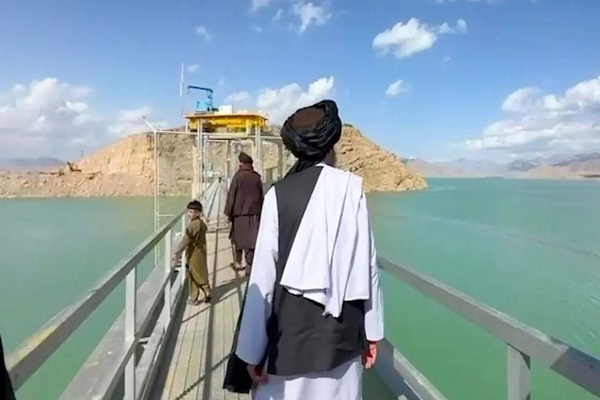
TABNAK, Dec 30: Constructing Pashdan Dam by the Afghan side will not only impact the drinking water supply and health of millions of people, but also it will also result in significant harm to the downstream environment, Issa Bozorgzadeh said.
The construction and impoundment of the Pashdan dam in the Harirud border basin causes reduced natural flow in the Harirud border river, he said, adding this situation has led to social and environmental issues, particularly affecting the drinking water supply for the holy city of Mashhad in Razavi Khorasan Province, Iran.
He noted the deep economic, social, and cultural connections between Mashhad and Herat, adding, “We believe that everyone living in a watershed shares the same fate. Therefore, any strict measures or pressures applied to one segment of the watershed's population will inevitably impact all residents.”
He stated that Iran has consistently lodged its official protests through diplomatic channels regarding the negative cross-border impacts caused by the unilateral construction of dams by Afghanistan in the Harirud basin and urges joint cooperation to assess and mitigate these effects, advocating for sustainable development rather than destructive practices.
He added, “We still believe that the one-sided and non-participatory exploitation of the water resources of the Harirud basin is not beneficial to any of the countries in the upstream and downstream.”
Bozorgzadeh highlighted the importance of adhering to the explicit provisions of international water law in the joint utilization of the Harirud border river's water, stating, "It is expected that the authorities in Afghanistan will, in accordance with customary international law and the principles of good neighborliness and friendly relations between our two countries, collaborate and take the necessary steps to ensure the rational and fair use of the Harirud river's water upstream. This should be done in a manner that respects and does not infringe upon the historical and customary rights of the downstream regions."